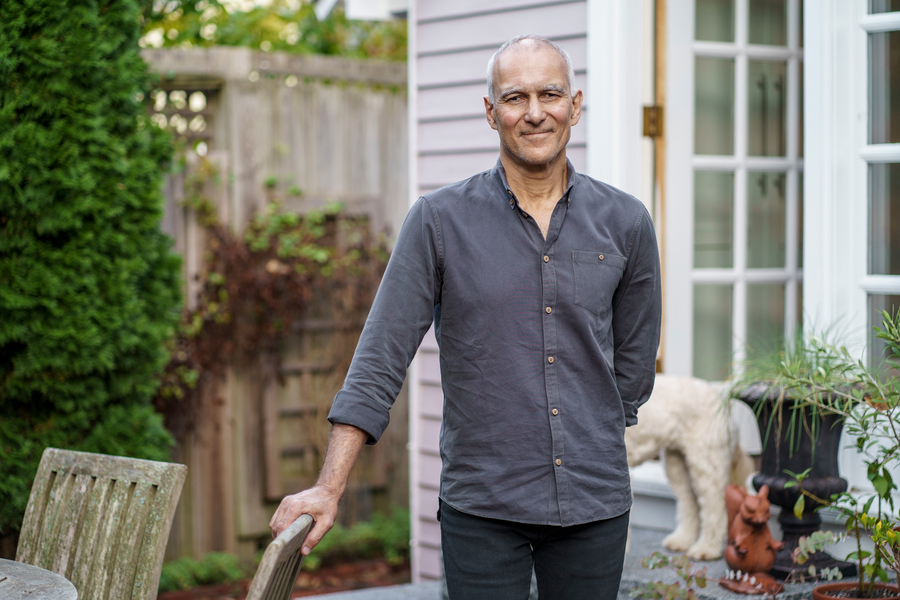Adapted from this MIT press release

Foundry user Moungi Bawendi, the Lester Wolfe Professor of Chemistry at MIT and a leader in the development of tiny particles known as quantum dots, has won the Nobel Prize in Chemistry for 2023. He will share the prize with Louis Brus of Columbia University and Alexei Ekimov of Nanocrystals Technology, Inc.
The researchers were honored for their work in discovering and synthesizing quantum dots — tiny particles of matter that emit exceptionally pure light. In its announcement this morning, the Nobel Foundation cited Bawendi for work that “revolutionized the chemical production of quantum dots, resulting in almost perfect particles.”
Quantum dots consist of tiny particles of semiconductor material that are so small that their properties differ from those of the bulk material. Instead, they are governed in part by the laws of quantum mechanics that describe how atoms and subatomic particles behave. When illuminated with ultraviolet light, the dots fluoresce brightly in a range of colors determined by the sizes of the particles.
These tiny particles are now used in flat screen TVs and other displays, where they generate more vivid images than traditional LED screens. They are also used to label molecules inside cells, allowing them to be imaged more easily, and they have been explored as a tool to guide doctors during surgery by illuminating tissue.
Interested in Becoming a Foundry User?
Join our collaborative, multidisciplinary environment.
Learn more >
Foundry staff and users develop and employ quantum dots in their research, including using our suite of solution synthesis robots.
Read the full press release

